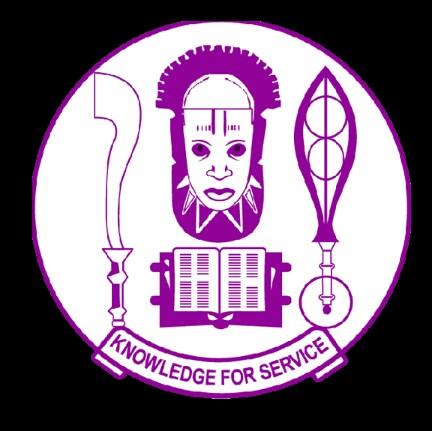The Federal Polytechnic Ado Ekiti Rector, John Alake, has expressed concern over the unequal treatment between Higher National Diploma (HND) and Bachelor of Science (BSc) certificates, stating it's the biggest challenge to the survival of polytechnic education, emphasising how this perception of a BSc being more important than an HND impacts student enrollment negatively.
Recommended: Best Courses To Study At Nigerian Polytechnic
Alake emphasizes that policymakers, often university graduates, set this bar, affecting the polytechnic system. Despite these challenges, he defends the merits of HND, especially in practical skills and vocational studies, which can empower certificate holders as job creators. Alake urges for equal recognition and synergy between polytechnics and universities to prevent backwardness and ensure efficient use of public funds.
Understanding the HND/BSC Dichotomy Threatening Polytechnic Education in Nigeria
In the Nigerian education system, there's often unequal treatment between the Higher National Diploma (HND) and the Bachelor of Science (BSc). Many argue that this HND/BSC dichotomy poses a significant challenge to the survival and growth of polytechnic education.
Polytechnics traditionally offer practical, skill-based education, while many universities focus more on theoretical knowledge and academic research. However, the prevailing bias towards BSc qualifications has resulted in unequal treatment of graduates from these institutions.
Employers, government agencies, and even some educational bodies often favour BSc holders over HND holders, creating barriers to employment, promotions, and further educational opportunities for the latter. This bias stems from the reluctance of policymakers, many of whom are university graduates, to equate the two certificates.
It seems the Nigerian Council on Education which is the highest decision-making body in education, has refused or been unable to bridge this gap, perpetuating the inequality between HND and BSc qualifications. Consequently, prospective students may choose universities over polytechnics due to the perceived prestige associated with BSc certificates.
Recommended: 10 Easiest & Hardest Courses to Study at the University
Despite these challenges, advocates stress the importance of recognizing the merits of HND qualifications. HND holders often possess valuable practical skills and vocational expertise, making them potential job creators rather than just job seekers.
Efforts to address the HND/BSC dichotomy are ongoing, with calls for equal recognition and treatment of both certificates. Advocates argue that such parity is crucial for fostering collaboration between polytechnics and universities, promoting inclusivity in education, and maximizing the efficient use of public funds.
In conclusion, the HND/BSC dichotomy remains a significant obstacle in the Nigerian education system, hindering the full realization of the potential of polytechnic education and perpetuating inequalities in the workforce. Bridging this gap is essential for ensuring equitable opportunities and promoting the holistic development of students across all educational institutions.



